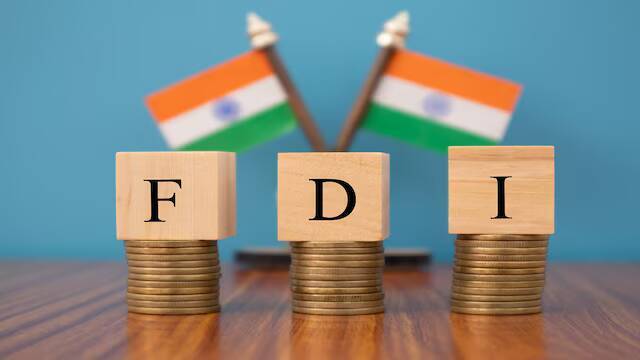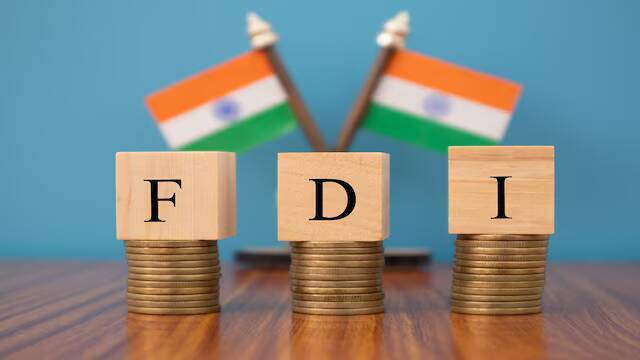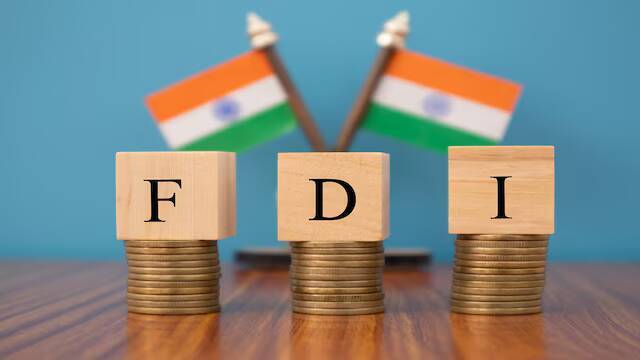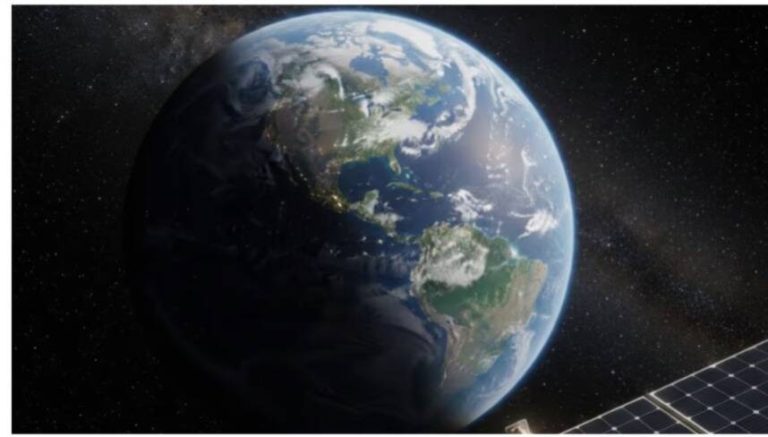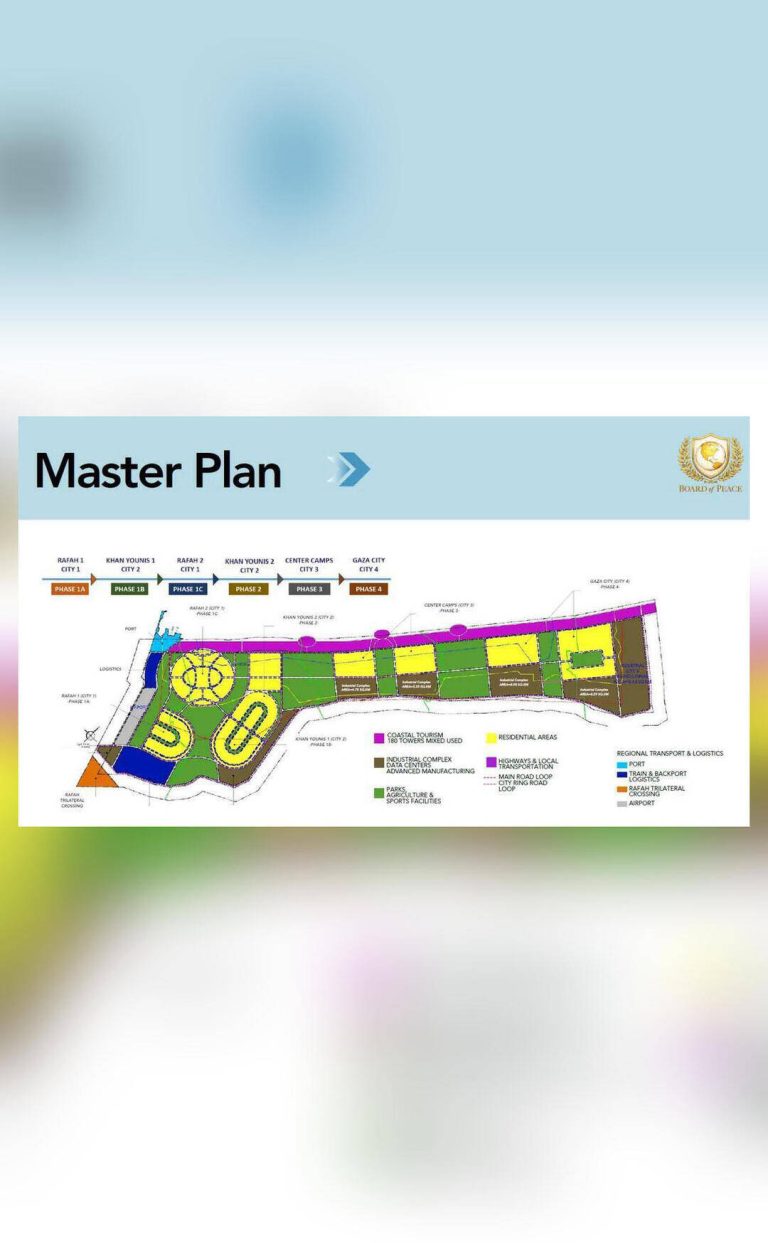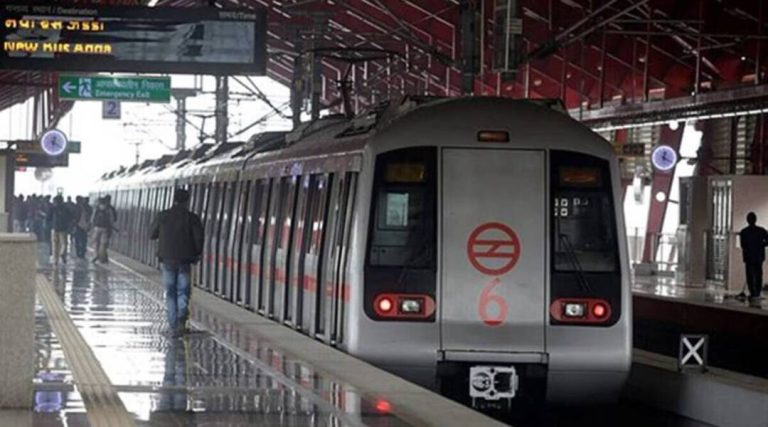
Piyush Goyal explores tech & sustainability in Israel
In a move to strengthen bilateral ties and explore new opportunities for cooperation, Commerce and Industry Minister Piyush Goyal recently visited Israel, a country renowned for its cutting-edge technology and innovative spirit. During his visit, Goyal had the opportunity to experience firsthand the world-class mobility technology that Israel has to offer, as well as witness community-driven sustainable agriculture practices that have made the country a leader in this field. The visit was also significant as it marked the beginning of the process for free trade agreement (FTA) negotiations between India and Israel, a development that is expected to have far-reaching implications for trade and commerce between the two nations.
One of the key highlights of Goyal’s visit was his experience with Israel’s mobility technology. The country is home to a thriving ecosystem of startups and companies working on innovative mobility solutions, including electric vehicles, autonomous driving, and smart transportation systems. Goyal had the opportunity to visit some of these companies and witness their cutting-edge technologies, which have the potential to transform the way people move around cities and towns. With India’s own push towards electric vehicles and sustainable transportation, Goyal’s experience in Israel is likely to have provided valuable insights and ideas that can be implemented in India.
In addition to mobility technology, Goyal also had the chance to witness community-driven sustainable agriculture practices in Israel. The country is known for its innovative approaches to agriculture, which have enabled it to become a major producer of fresh produce despite its limited land and water resources. Goyal visited some of the agricultural communities in Israel, where he saw firsthand the use of advanced technologies such as precision farming, drip irrigation, and greenhouse farming. These technologies have not only increased crop yields and reduced water consumption but also enabled farmers to grow a wide range of crops in challenging environmental conditions.
Goyal’s visit to Israel’s agricultural communities was also significant because it highlighted the potential for India to learn from Israel’s experiences in this field. With India’s own agricultural sector facing challenges such as water scarcity, soil degradation, and climate change, the use of sustainable agriculture practices and advanced technologies could help to improve crop yields, reduce environmental impacts, and enhance the livelihoods of farmers. The exchange of ideas and expertise between India and Israel in this field could therefore have significant benefits for both countries.
The visit also marked an important milestone in the bilateral relationship between India and Israel, with the two countries agreeing to start negotiations on a free trade agreement (FTA). The FTA is expected to cover a wide range of areas, including trade in goods and services, investment, and intellectual property rights. With India’s own push towards greater economic integration with the rest of the world, the FTA with Israel is likely to provide new opportunities for Indian businesses to access the Israeli market and for Israeli companies to invest in India.
During his visit, Goyal also had the opportunity to meet with Israeli entrepreneurs, investors, and industry leaders, with whom he discussed a range of issues related to trade, investment, and innovation. The meetings provided a platform for Goyal to showcase India’s own strengths and opportunities in areas such as technology, manufacturing, and services, and to explore potential partnerships and collaborations between Indian and Israeli companies.
In conclusion, Piyush Goyal’s visit to Israel was a significant development in the bilateral relationship between the two countries. With its focus on technology, sustainability, and trade, the visit highlighted the many opportunities for cooperation and collaboration between India and Israel. As India continues to push towards greater economic growth and development, the lessons and insights gained from Goyal’s visit to Israel are likely to play an important role in shaping the country’s policies and strategies in areas such as mobility, agriculture, and trade.
The visit also underscored the importance of international cooperation and collaboration in addressing some of the world’s most pressing challenges, such as climate change, sustainable development, and economic inequality. As two countries with a strong commitment to innovation and entrepreneurship, India and Israel are well-placed to work together to develop new solutions and technologies that can help to address these challenges and create new opportunities for growth and development.
Overall, Goyal’s visit to Israel was a valuable learning experience that provided insights into the country’s innovative technologies, sustainable practices, and entrepreneurial spirit. As India continues to navigate its own path towards greater economic growth and development, the lessons and ideas gained from this visit are likely to have a lasting impact on the country’s policies and strategies in areas such as trade, technology, and sustainability.
